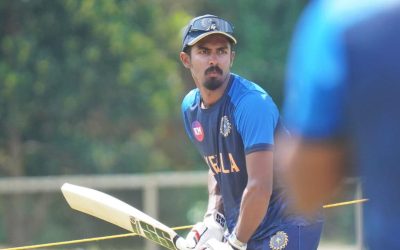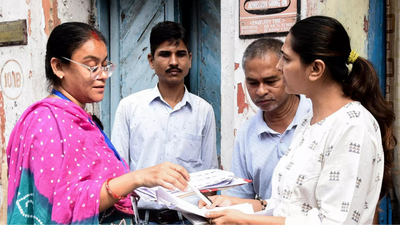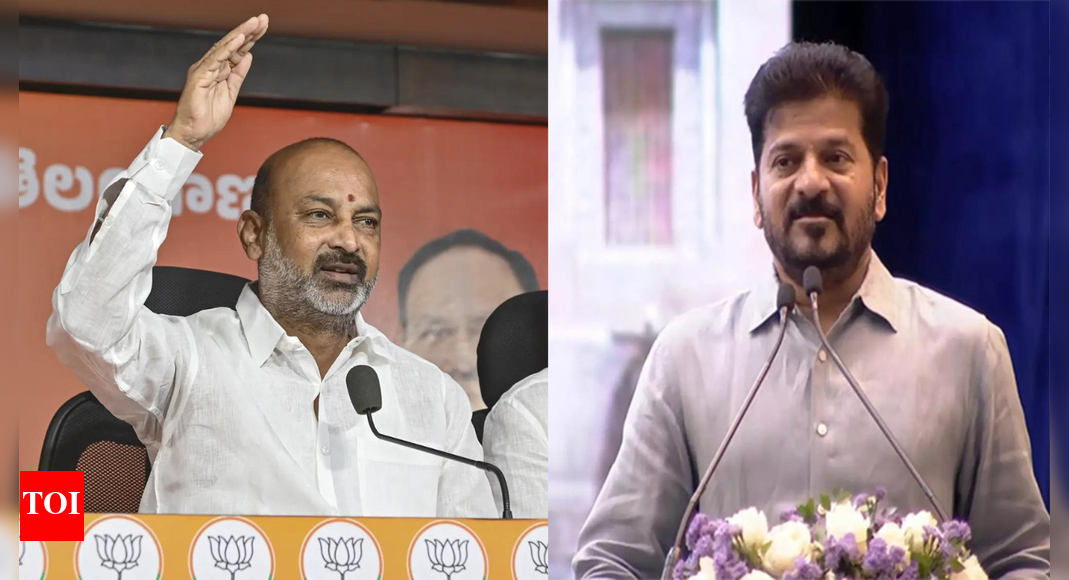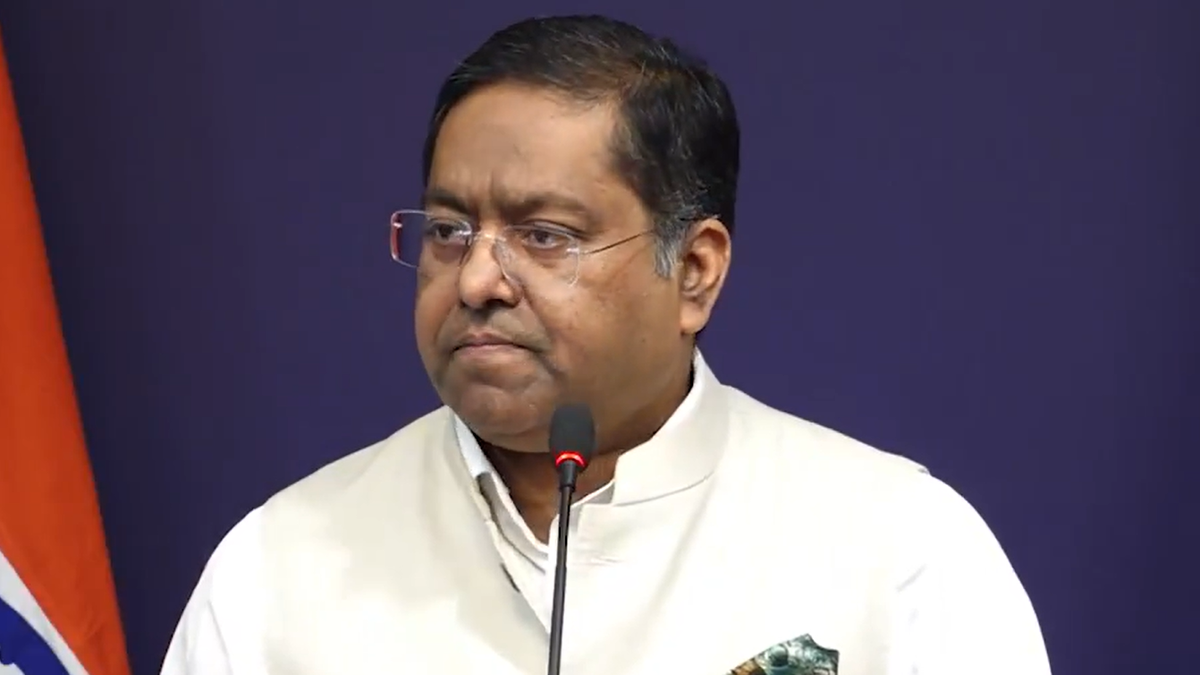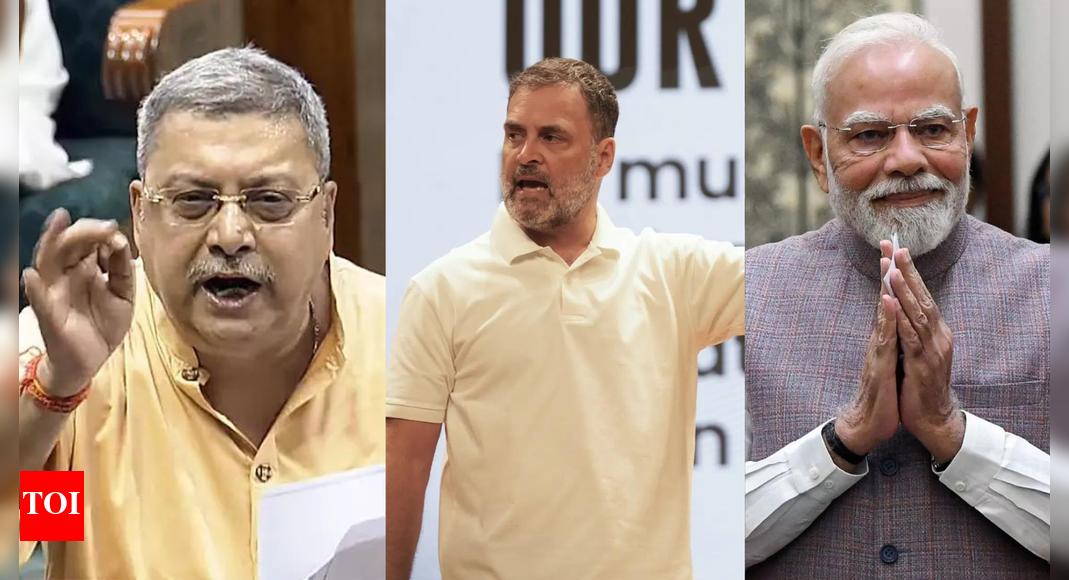SIR sets Bengal’s Muslim marriage register ringing | India News
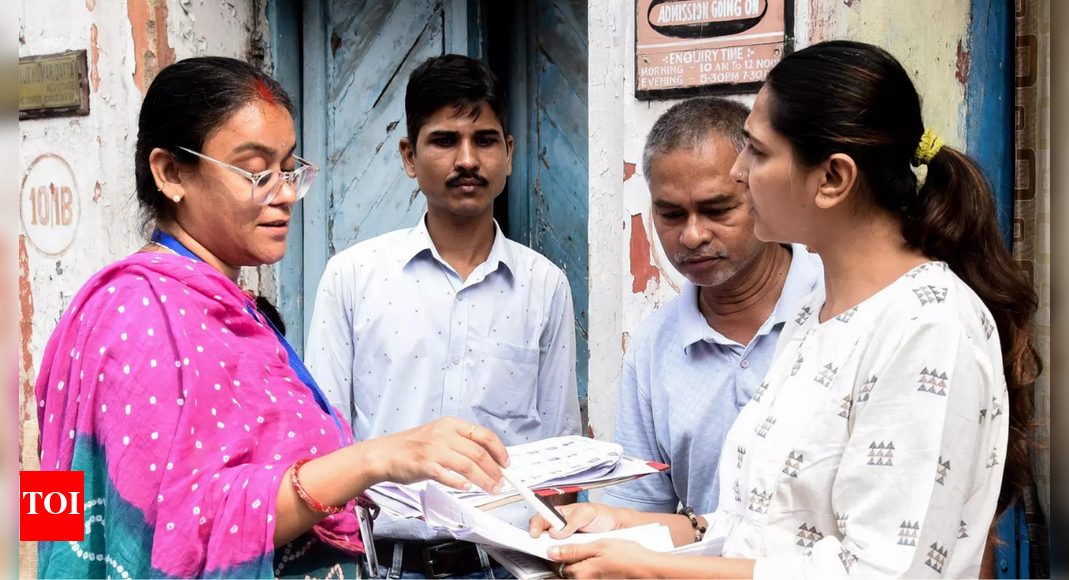
KOLKATA: Minority-dominated districts in Bengal bordering Bangladesh are now witnessing an unusual trend – married Muslim couples, who read their vows under Islamic law, are rushing to register their marriages under Section 16 of Special Marriage Act, 1954. According to data accessed by TOI, 1,130 Muslim couples applied to register marriages in Bengal between Nov 2024 and Oct 2025. More than half these applications (609) were made between July and Oct, when Special Intensive Revision (SIR) of electoral rolls was underway in neighbouring Bihar. Bengal govt officials linked the spike over the four-month period to increasing anxiety over SIR.Many of these Muslim couples wanted to acquire an additional citizenship document in view of the impending SIR rollout in Bengal, officials at the Bengal Marriage Registrar General office said.Most of these applications were received from North Dinajpur (199) and Malda (197), which share their borders with Bihar, followed by Murshidabad (185) and Cooch Behar (97). All four districts also share their borders with Bangladesh. Kolkata was at the lower end of the data sheet with only 24 such applications. Jhargram (1) and Kalimpong (2) recorded the least number of such applications.According to sources, Muslim marriages in rural Bengal are usually conducted under The Bengal Muhammadan Marriages and Divorces Registration Act, 1876. For this, the state gives licences to Muhammadan Marriage and Divorce Registrars (MMRs), who are mostly kazis. “Marriage and divorce certificates issued by the kazis are legally valid, but lack uniformity, with MMRs following their personal formats. The address verification process is also vague. Due to this, multiple govt and private bodies do not accept these kazi-issued certificates as valid marriage documents. The certificates that are issued under Special Marriage Act, not only weed out such problems but are the most acceptable marriage document anywhere in India. These are also considered as citizenship proof in many cases,” an officer said.Another senior official pointed out that marriage and divorce registrations for Muslims were so far done under the 1876 Act because the process was simpler, allowing individuals to quickly marry, divorce and remarry. “While polygamy is banned, because this Act vests a lot of power in the kazis, it can be manipulated to end a marriage quickly and allow remarriage, bypassing the rigours of legal scrutiny or court cases. The Special Marriage Act, however, is more stringent and allows only one marriage at a time,” the official explained.
